For war there is always enough. It's peace that's expensive
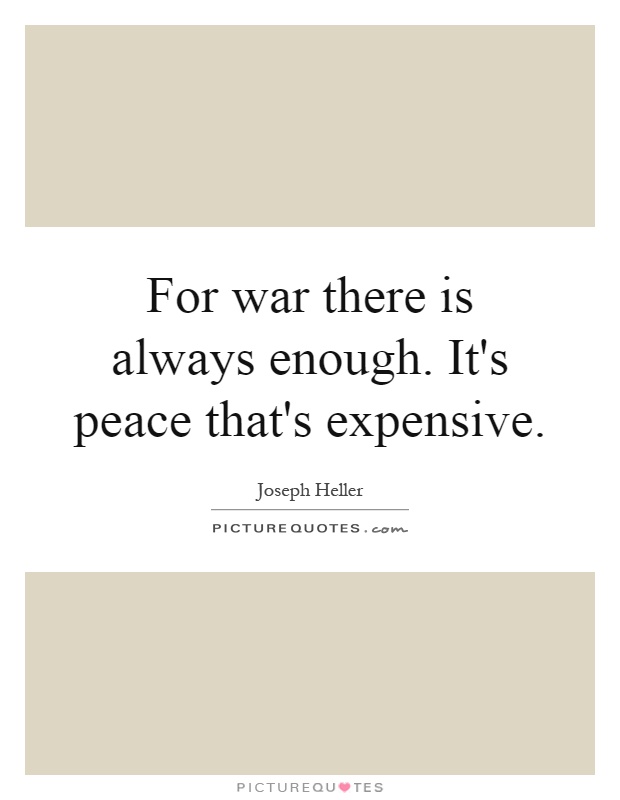
For war there is always enough. It's peace that's expensive
Joseph Heller, the renowned author of the satirical novel "Catch-22," was known for his sharp wit and keen insight into the absurdities of war. One of his most famous quotes, "For war there is always enough. It's peace that's expensive," perfectly encapsulates his cynical view of the world and the human condition.In Heller's world, war is portrayed as a never-ending cycle of violence and destruction, fueled by greed, power, and the insatiable desire for control. War is easy to come by, as there are always those willing to fight and die for their beliefs, ideologies, or personal gain. The resources needed for war – weapons, soldiers, supplies – are readily available, and the machinery of war churns on relentlessly, leaving death and devastation in its wake.
On the other hand, peace is portrayed as a rare and fragile commodity, difficult to achieve and even harder to maintain. Peace requires compromise, understanding, and a willingness to put aside differences and work towards a common goal. Peace is expensive because it requires time, effort, and resources to build and sustain. It requires diplomacy, negotiation, and a commitment to finding peaceful solutions to conflicts.
Heller's quote highlights the paradox of human nature – our propensity for violence and conflict, juxtaposed with our desire for peace and harmony. It speaks to the tragic reality that war is often seen as a more viable option than peace, that the cost of war is often deemed acceptable, while the cost of peace is seen as too high.
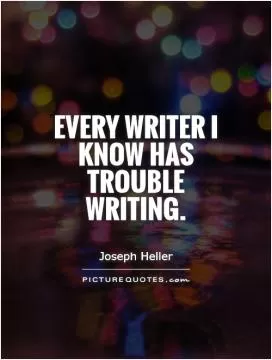




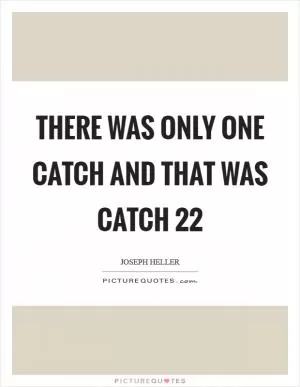
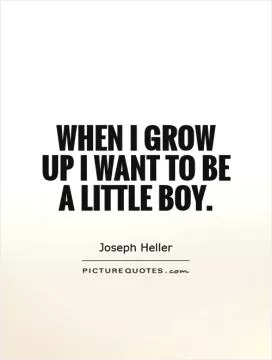

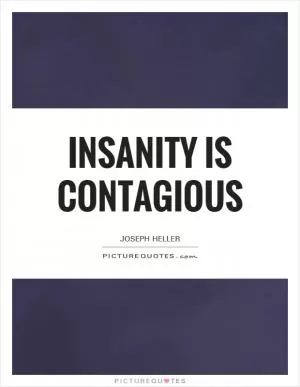
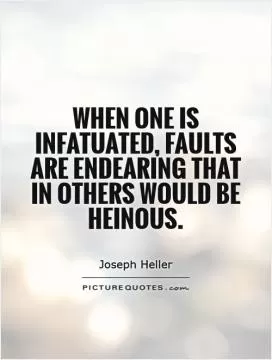
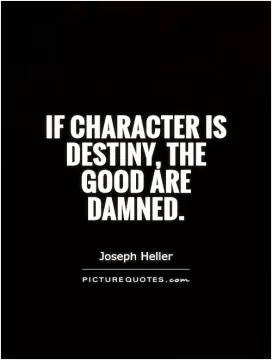
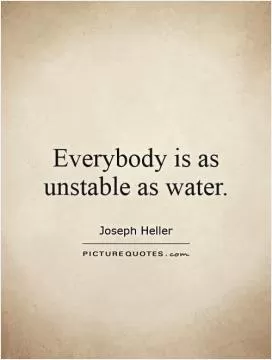
 Friendship Quotes
Friendship Quotes Love Quotes
Love Quotes Life Quotes
Life Quotes Funny Quotes
Funny Quotes Motivational Quotes
Motivational Quotes Inspirational Quotes
Inspirational Quotes